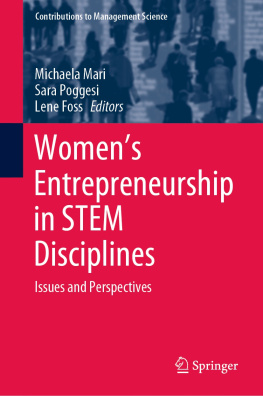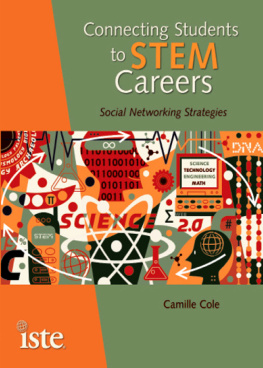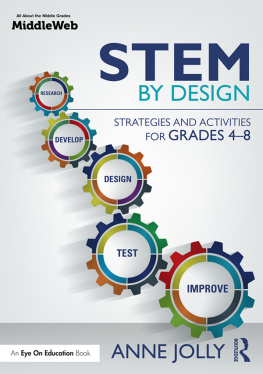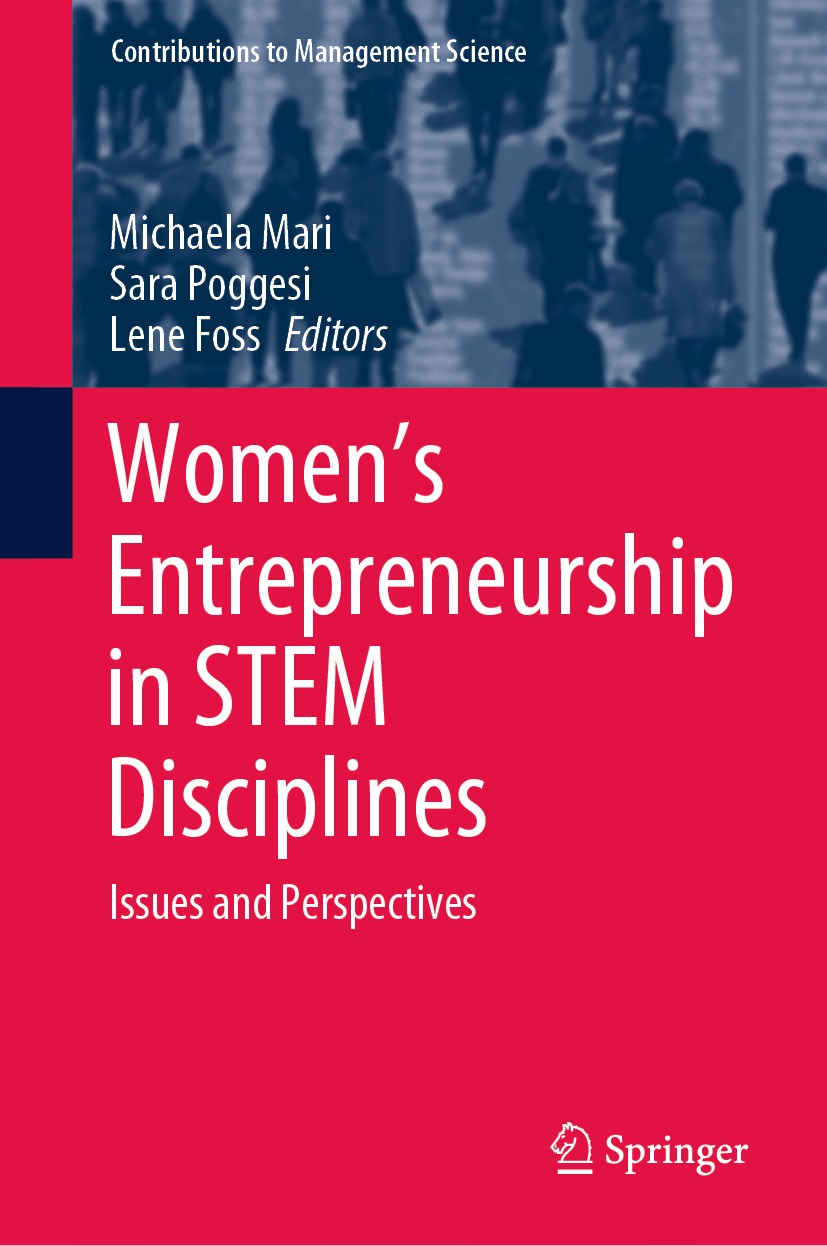Editors
Michaela Mari
Faculty of Economics, University of Rome Tor Vergata, Rome, Italy
Sara Poggesi
Faculty of Economics, University of Rome Tor Vergata, Rome, Italy
Lene Foss
Jnkping University, School of Education and Communication, Jnkping, Sweden
ISSN 1431-1941 e-ISSN 2197-716X
Contributions to Management Science
ISBN 978-3-030-83791-4 e-ISBN 978-3-030-83792-1
https://doi.org/10.1007/978-3-030-83792-1
Springer Nature Switzerland AG 2021
This work is subject to copyright. All rights are reserved by the Publisher, whether the whole or part of the material is concerned, specifically the rights of translation, reprinting, reuse of illustrations, recitation, broadcasting, reproduction on microfilms or in any other physical way, and transmission or information storage and retrieval, electronic adaptation, computer software, or by similar or dissimilar methodology now known or hereafter developed.
The use of general descriptive names, registered names, trademarks, service marks, etc. in this publication does not imply, even in the absence of a specific statement, that such names are exempt from the relevant protective laws and regulations and therefore free for general use.
The publisher, the authors and the editors are safe to assume that the advice and information in this book are believed to be true and accurate at the date of publication. Neither the publisher nor the authors or the editors give a warranty, expressed or implied, with respect to the material contained herein or for any errors or omissions that may have been made. The publisher remains neutral with regard to jurisdictional claims in published maps and institutional affiliations.
This Springer imprint is published by the registered company Springer Nature Switzerland AG
The registered company address is: Gewerbestrasse 11, 6330 Cham, Switzerland
Introduction
Over the years, the interest in STEM (the acronym for Science, Technology, Engineering, and Mathematics) disciplines has been increasing worldwide, mainly because these disciplines are associated with a countrys level of innovation and competitiveness, social and economic growth, thus to the overall level of well-being of society.
Within this scenario, the latest data from OECD clearly point out a low involvement of women in STEM. Data show indeed that, even if, within OECD countries, an average of 51% of women between 25 and 34 years old held a tertiary degree in comparison to 39% of men in 2019 (OECD 2021), women are still more likely than men to pursue an educational path focused on subjects relating to education, health, and welfare (OECD 2021). This gender gap in STEM education is typically ascribed to the existence of enduring gender stereotypes, based on the idea of specific gender roles and occupational gender segregation, as well as by the absence of female role models and mentoring.
These data inevitably affect the percentage of women entrepreneurs in STEM fields. Despite the paucity of data, the most updated available information show, in Europe, for example, that only 17% of start-up founders are women (European Parliament 2021).
The scant representation of women entrepreneurs within STEM fields also generated the consequence that the analysis of the characteristics of women entrepreneurs (and of their firms) operating in these fields has been mostly neglected in the women entrepreneurship research area until now. Notwithstanding, we claim that a more thorough understanding of issues related to womens entrepreneurship in STEM is crucial, as women-led firms in STEM are considered pivotal either for the countries socio-economic growth, being sources of occupations and innovation (OECD 2018), or for younger women, acting as mentors and role models.
By stimulating scholars reflections on women entrepreneurial propensity and on Womens Entrepreneurship in STEM Disciplines, this book thus aims at contributing to the emerging conversation on this issue, bringing together both global and country-specific evidence able to offer a new and insightful addition to the women entrepreneurship research area.
The book is developed in five chapters taking into account different perspectives related to women entrepreneurs in STEM fields, as well as different countries' object of investigation.
The first chapter, entitled by Elda Barron and Linda Elizabeth Ruiz, investigates how university context, family context, entrepreneurial experience, and individual attributes affect the entrepreneurial intentions of young women in STEM careers. By analyzing 81,319 responses of STEM career students (male and female) from 54 countries, the two scholars highlight, among the others, the relevance of individual variables, as women with a high self-efficacy tend to have great entrepreneurial intention.
The second chapter entitled by Kaethe Schneider is a systematic literature review whose aim is to investigate the individual factors able to explain womens entrepreneurship in STEM fields. By using the Rubicon model of action, results show that for all phases the learning experiences and corresponding competencies related to STEM, and entrepreneurial as well as management experiences are crucial individual factors for womens STEM entrepreneurship.
The third chapter, entitled , by Maria de las Mercedes Barrachina Fernndez, Mara del Carmen Garca Centeno and Carmen Caldern Patier aims at analyzing the characteristics of women entrepreneurs in STEM fields in Europe. Specifically, by considering both individual and country factors, the scholars aim at identifying the factors that make a female nascent entrepreneur more likely to be innovative in any potential way, evaluating the effect of the taxes in the decision to become an entrepreneur. Different results emerge; among them, the role of age, previous failure in business creation, and the GDP of the country are shown to have a positive impact on the innovative business creation process.
The fourth chapter, entitled , by Mili Shrivastava sheds light on a still under investigation country, i.e., India, highlighting the challenges and opportunities able to affect women IT entrepreneurship. Specifically, the role of the context in influencing the structural and normative factors is studied providing an interesting starting point for those scholars interested in analyzing such a country.
The fifth chapter, entitled , by Aldo Alvarez-Risco and Shyla Del-Aguila-Arcentales, emphasizes the relevance of STEM education for girls and women and its implications for entrepreneurship. Results clearly show that room for further investigations still exists.













